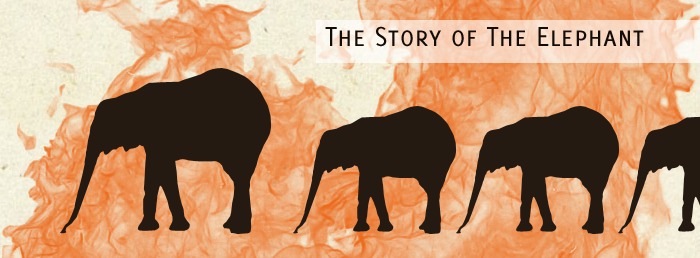 Yemen is a place in Arabia to the south of Makkah. A long time ago, it was ruled by people who worshipped other gods than Allâh. The ruler of those people, Dhu Nawâs, used to oppress the Christians who lived there. Once he had a big ditch or trench dug and put fire in it. Then he threw into it about 20,000 Christians. All those people died except one or two of them who ran away and came to the emperor of Syria for help.
Yemen is a place in Arabia to the south of Makkah. A long time ago, it was ruled by people who worshipped other gods than Allâh. The ruler of those people, Dhu Nawâs, used to oppress the Christians who lived there. Once he had a big ditch or trench dug and put fire in it. Then he threw into it about 20,000 Christians. All those people died except one or two of them who ran away and came to the emperor of Syria for help.
The emperor of Syria wrote to the king of Abyssinia (Habashah), who was a Christian, and asked him to take revenge. So the Abyssinian leader (whose title was Najâshi) sent a huge army under the leadership of two commanders named Irbât and Abraha. Dhu Nawâs ran away from Yemen and later drowned, so Yemen came under the rule of the Abyssinians. After some time, an argument happened between the two commanders and a civil war broke out in which Irbât was killed and Abraha became the governor of Yemen.
At that time, all the Arabs used to make Hajj to the Ka’bah in Makkah. Even though they worshipped other gods than Allâh and did many wrong things, Allah kept His House a place which people always visited. Abraha saw them doing this and wanted to turn them away from it, so he built a huge cathedral in a city in Yemen called San’â. This church was so big that its roof could not be seen from the ground. It was decorated with gold, silver and pearls. Abraha announced that nobody should travel to the Ka’bah anymore. Rather, they should all come to this cathedral to perform worship.
Even though they were idolaters, the Arabs had great respect for the Ka’bah. So when Abraha made his announcement, they were very angry. Some of the Quraysh of Makkah went to the cathedral in secret and threw dirty stuff all over the floors and walls of it. Some also lit fire to it. When Abraha found out that these things were done by the Quraysh, he swore that he would take apart every brick of the Ka’bah and destroy it.
Abraha began gathering a big army. He asked permission from the Najâshi, who sent his personal elephant, Mahmûd, and eight other elephants with Abraha’s army. When the news of Abraha’s plan reached the Arabs, they prepared to oppose the attack. Abraha defeated the armies of several Arab tribes along the way to Makkah, and he took one of their leaders, Nufail bin Habeeb, as a prisoner and used him for a guide. As he approached Makkah, the people of Tâ’if decided that instead of trying to fight Abraha, they will help him out, so that he would not destroy their own temple. So they sent with him one of their leaders named Abû Righâl.
Abraha reached with his army up to Mughammas, a place close to Makkah. There were some camels feeding there, and the army overcame the herdsmen and captured these camels. Of these camels, 200 belonged to Abdul Muttalib, the grandfather of the Prophet ([saw]), who was at that time the leader of the Quraysh. Abraha then sent a messenger to tell the people of Makka that he only wanted to destroy the Ka’bah and did not come to kill any people if they left him alone.
Abdul Muttalib came back with the messenger to meet Abraha. Abdul Muttalib, being the grandfather of the Prophet ([saw]), who was the best of creation, was himself a very handsome and striking personality. So, when Abraha saw him, he came down from his throne to sit next to Abdul Muttalib, even though this was not what the kings commonly did. He asked Abdul Muttalib what he had to say. Abdul Muttalib said that he wanted his camels back.
Abraha was very surprised. He said, “When I first saw you, I thought you were a very respectable and honorable man, but the first thing you have said has made me change my mind. I have come to destroy your Ka’bah and all you are worried about is your camels?!”
Abdul Muttalib replied, “I am the owner of the camels and they are my concern; while Allâh is the owner of the Ka’bah and He will defend it.”
Abraha replied, “Your Lord cannot defend it from me.”
Abdul Muttalib said, “Then do as you wish.” So Abraha gave back the camels and Abdul Muttalib returned to Makkah.
In Makkah, Abdul Muttalib went first to the Ka’bah and made a prayer to Allâh to protect the Ka’bah. Then all the people in Makkah left the city and went to the mountains around Makkah to see what would happen.
In the morning Abraha prepared to enter the city. He put Mahmûd, the elephant, in the front of the army. However, Nufail bin Habeeb, the captured Arab, secretly whispered into the elephant’s ear, “Kneel down! – Return safely from where you have come, for you are in the Secure Land (Balad Amîn).” After this, the elephant sat down and would not go forward. Abraha’s men tried to poke it and push it but it would not move. If they turned it around to face Syria or Yemen then it would start walking, but as soon as they faced it towards the Ka’bah it would sit down again. This was the sign of Allâh’s Power.
Suddenly, while this was happening, came the punishment which is mentioned in Sûrah Fîl of the Qur’an (Sûrah 105). Hundreds of birds which had never been seen before flew towards Makkah from the ocean. Each bird had 3 little stones- one in the beak and one in each foot. They flew over Abraha’s army and dropped the pebbles. Each pebble went straight through the bodies of the men. The elephants started running like crazy and the people were running back and forth getting killed. Some people, like Abraha, did not die right away. Instead they became extremely sick and died later on.
The result of this happening was that the Quraysh became very famous and respected among the other Arabs. No one else would dare to attack them or their caravans which they would send on business trips to Syria and Yemen. These trips are mentioned in the following sûrah (Sûrah 106) of the Qur’an, where Allâh says they should be worshipping and thanking Allâh Who gave them so many blessings of food, wealth and safety.
This amazing event was not a coincidence. The year in which this happened was the same blessed year in which the Prophet ([saw]) was born, in the month of Rabî’-ul-Awwal. This event was one of many things which happened around the time of the birth of the Prophet ([saw]), which proved to the world that a wonderful person had been born, the last of the prophets, who would bring the message of Islâm which will last now until the Day of Judgment. When we study the life story of the Prophet ([saw]) we find proof and evidence beyond doubt of his being the Messenger of Allah and the Last Prophet. May Allâh give us all the strength of imân to learn all about the life of the Prophet ([saw]) and use it as our example in our lives.
(This story is recorded in one of the most authentic books of commentary on the Qur’an called Tafsîr Ibn Kathîr.)
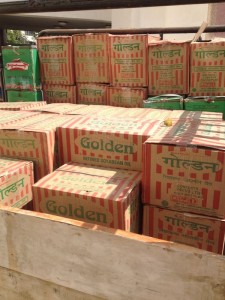
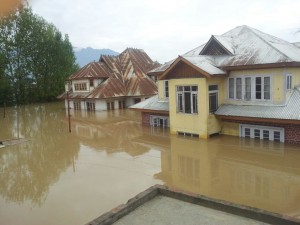

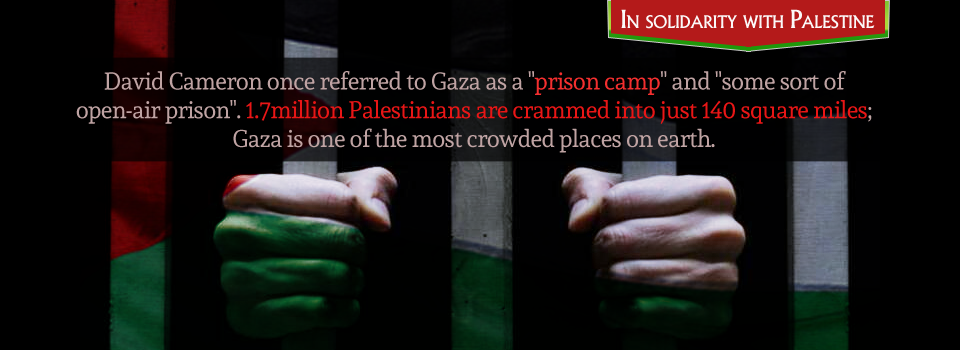
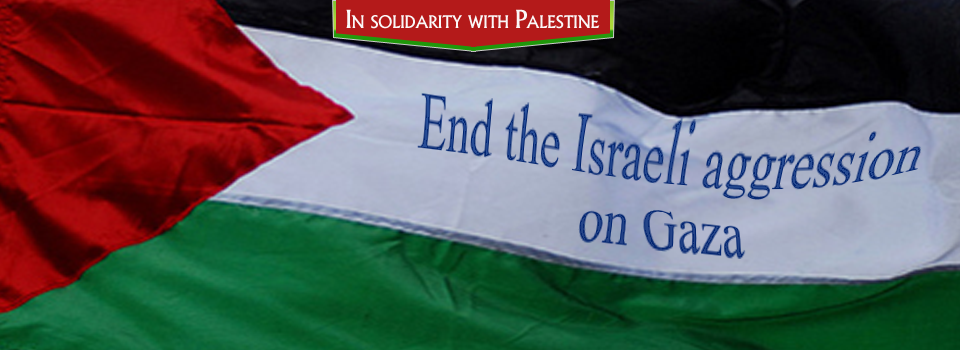

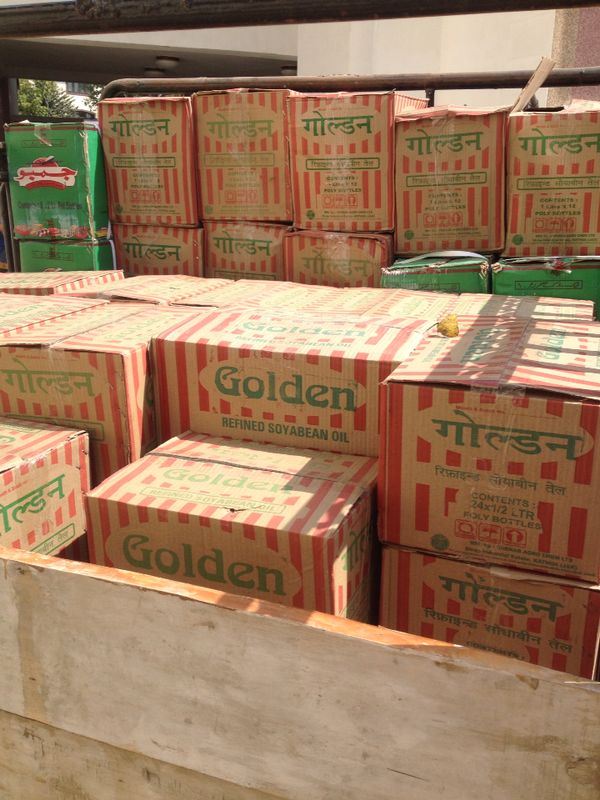
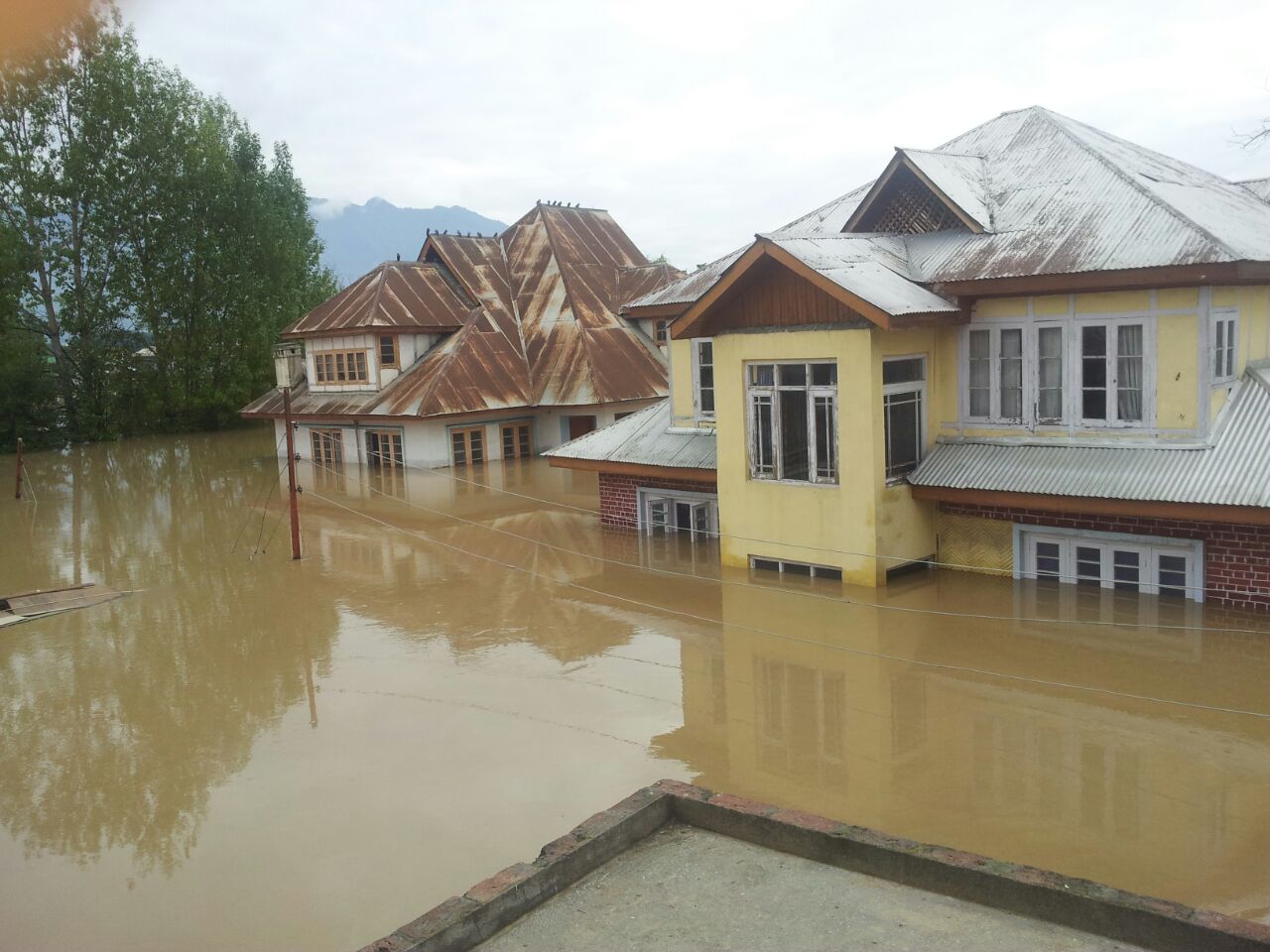
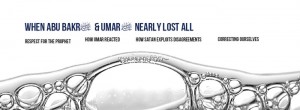

Recent Comments